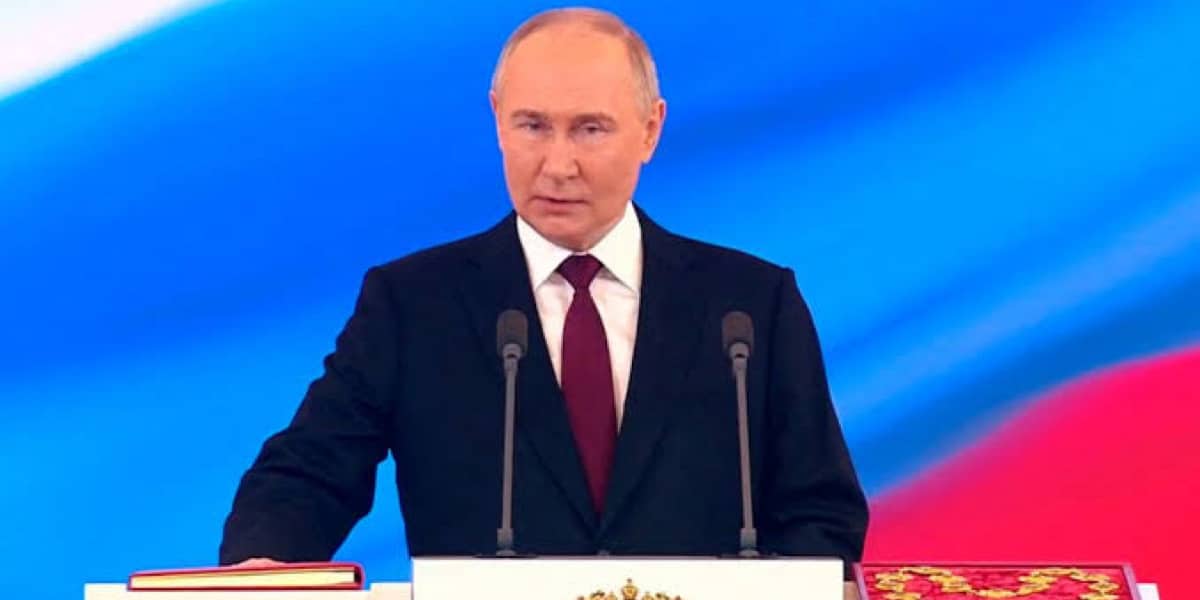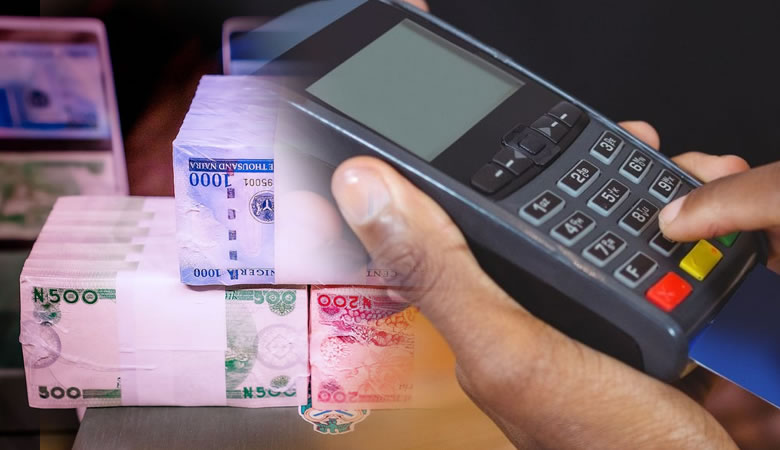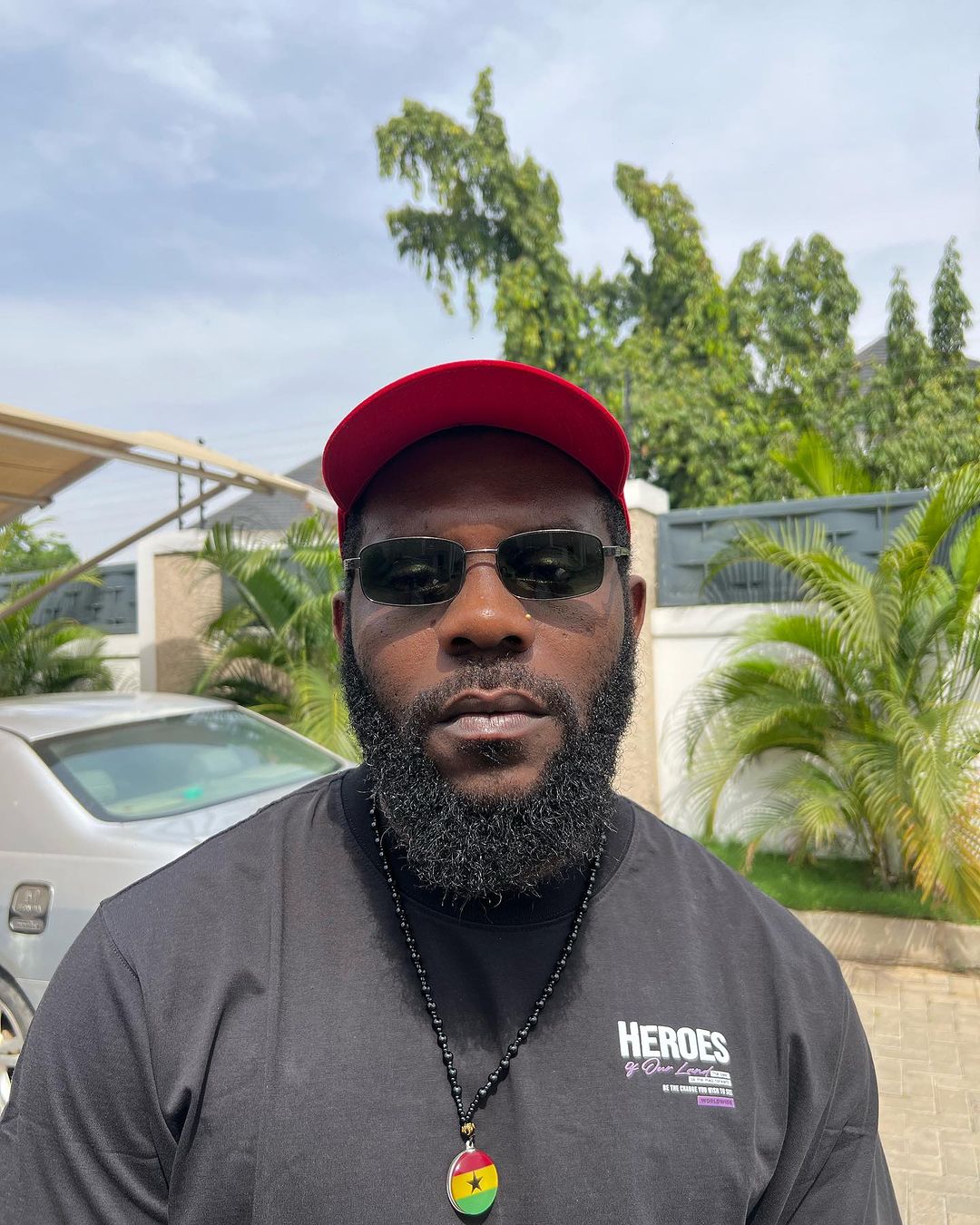In pursuit of securing a new $750m loan from the World Bank, the Federal Government may reintroduce previously suspended telecom tax and other fiscal measures.
This is according to the Stakeholder Engagement Plan for Nigeria – Accelerating Resource Mobilisation Reforms programme between Nigeria and the World Bank.
A copy of the plan’s document posted on the World Bank website indicated that the government might reintroduce the excises on telecom services, and EMT levy on electronic money transfers through the Nigerian Banking System among other taxes.
President Bola Tinubu in July 2023 ordered the suspension of the five per cent excise duty on telecommunications and the Import Tax Adjustment levy on certain vehicles.
However, it appears that this suspension may be lifted to meet the programme targets for a new, yet-to-be-approved World Bank loan with negotiations ongoing between the government and the World Bank.
Checks by our correspondent showed that the government had initially requested to obtain the loan in 2021 but was halted without clear reasons.
The programme’s development objective is to strengthen the government’s financial position by enhancing its capacity to manage and mobilise domestic resources effectively, which includes improving tax and customs compliance and protecting oil revenues.
The planned tax reforms under the ARMOR programme are expected to have significant implications across various economic sectors.
The PforR Programme is part of a larger governmental initiative running from 2024 to 2028, aimed at reforming tax and excise regimes, enhancing the administrative capabilities of tax and customs, and ensuring transparency in oil and gas revenue management.
The World Bank’s contribution of $750m constitutes a significant portion of the programme’s budget and the government is expected to contribute $1.17bn through annual budgetary.
According to the plan, affected stakeholders will include manufacturers of goods such as alcoholic beverages, tobacco products, sugar-sweetened beverages, telecom and banking service providers, as well as the general tax-paying public, importers and international traders.
Key industry groups such as the Association of Licensed Telecom Operators of Nigeria are engaged regarding the excise duties on telecom services.
The draft document stated, “Domestic Revenue Mobilisation drive in the government ARMOR program seeks to increase revenue on some targeted industries and sectors of the economy. Specific groups and agencies within affected sectors include the Association of Licensed Telecom Operators of Nigeria: The introduction of excises on telecom services requires that all telcos are mobilised to fully participate in the collection of such revenue.
“Committee of Bankers: Introduction of EMT levy on electronic money transfers through the Nigerian Banking System would need the buy-in of all banking institutions
“Manufacturer’s Association of Nigeria: Manufacturers of tobacco products, sugar-sweetened beverages and alcoholic beverages who would be required to collect excises on their products are critical stakeholders for the introduction of the new excise regime. They are currently organised into various sectoral groups under the Manufacturer’s Association of Nigeria. Producers of alcoholic beverages organised under the Distillers and Blenders Association of Nigeria also need to key into the reforms.
“Also, strategic partners involved in the importation of different items into the country will be mobilised to participate in the ARMOR programme. A key stakeholder group is the Association of Nigeria Customs Agents.
“Vehicle Importers and Manufacturers: Stakeholders in the automobile trade industry must be engaged in reforms involving the introduction of green taxes on high GHG emission vehicles. Local manufacturing and assembly of vehicles is growing through a phase of growth in Nigeria. The demand for vehicles is mostly met through importation by vehicle importers under the aegis of the Association of Motor Dealers of Nigeria.”
The document also emphasised the importance of engaging vulnerable groups to ensure they are not disproportionately affected by these changes.
It also said, “Services that will be subjected to the newly introduced excises are regulated by key public sector agencies. The introduction of the new revenue measures will require the application of existing regulatory mechanisms available within these institutions. The concerned institutions include the Nigerian Communication Commission, the Central Bank of Nigeria.
“There are also agencies with the mandate for making policies on some of the issues covered in the ARMOR program concerning policy framework on matters of public interest in Health and Environmental Protection. The government institutions relevant to ARMOR in this regard are the Federal Ministry of Environment, the National Environmental Standards Regulatory and Enforcement Agency, and the Federal Ministry of Health.”
Additionally, the programme outlines specific allocations for technical assistance, with $5m each going to the Federal Inland Revenue Service and the Nigeria Customs Service to support their capacity to implement these new measures effectively.
This includes the development of systems for better data sharing, risk-based audits, and compliance processes, as well as substantial investments in program management and capacity building.
“The government program is funded from annual budget allocations of $1.17 billion to FMF, FIRS and NCS. The PforR with results-based financing of $730m, and $20m investment financing, is 62 per cent of the program budget”
“There will also be $10m for project management, tax policy capacity-building and other expenses. In total, the amount makes the $20m investment financing before the release of $730m in line with the fiscal targets met.”











 Additionally, Olamide ‘Baddo’ had given him a whooping $20K dollars, and he noted that the most marveling part was that the YBNL executive never came out to tweet about it.
Additionally, Olamide ‘Baddo’ had given him a whooping $20K dollars, and he noted that the most marveling part was that the YBNL executive never came out to tweet about it.




